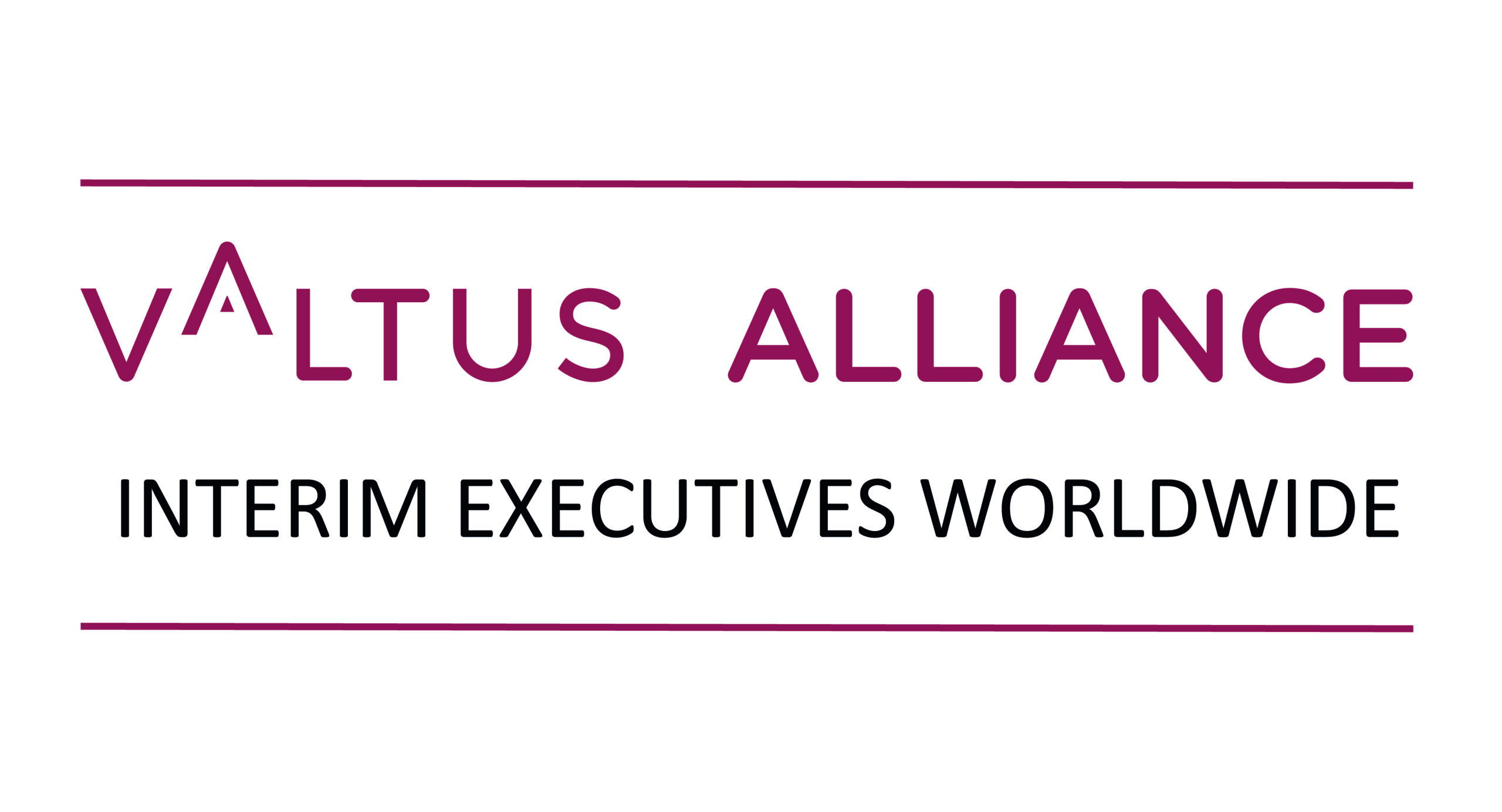Four years ago, Fabiaan Van Vrekhem founded VALPEO. Nowadays professionals worldwide are embracing VALPEO, so it is time for an in-depth interview with its founder.
“Business books are full of success stories and habits of successful leaders, but after 30 years in the HR business, I can only conclude that success is highly situational. Success stories do not offer a universal guarantee of success. Unfortunately, many people use these stories as guidance for making choices and therefore the stories can become part of their frame of reference. Too often the context is overlooked, and the lessons learned within one context are automatically applied to other contexts. The resulting new models can be problematic.”
“Valpeo starts from a new paradigm. To fully understand success, we need to do more than focus on behavior that predicted success in the past. We also need to examine the reasons why people fail; only then will it become clear why standards for success can be very relevant in some contexts, and have a neutral or negative impact in other contexts. This will allow us to determine with greater certainty in which contexts predicted success will lead to actual success.”
“The problem seems complex, but the solution is quite simple in the end. If you want to predict the success of leaders, you must learn to understand the “why” of leaders. And once that “why” is brought to the surface, all the circumstances in which leaders can be successful (or not) become visible. We all have needs, desires, frames of reference, values, beliefs, and we all construct mental models of reality. In many ways, it defines who we are, what drives us, how we like to interact with others, and what we are capable of. This in-depth understanding of people can help an organization choose and develop leaders of tomorrow.”
Looking for a new methodology
“The insights that led to Valpeo (founded in 2017), were gradually shaped during my 30-year career in HR. As I developed my career from HR assistant to HR director over the course of the first 10 years, I tried to use the psychometric standards that are considered ‘best practice’ to assess candidates or to measure performance. Personality tests, competence models, leadership assessment – and development centers were available in a great variety and each tool predicted success with a certain probability. Users tend not to question them too much because they offer guidance and reassurance when making selection choices or assessing performance. But in those 10 years, I also saw many people fail who were recruited based on these methodologies.”
“By 2005, I had started looking for new perspectives and my search lasted three years. Since then, Valpeo has built a refreshing leadership development approach that is built upon insights inspired by renowned organizational, social, and developmental psychologists. In 2017, after eight years of successful growth in Belgium, we started to expand our business internationally.”
Understand the “why”
“The Valpeo philosophy is that if you want to measure how competent people are, you need to dig deeper into how people feel, think, and like to act. This helps to better understand what makes them competent. We do not only want to analyze how people behave, but also understand why people behave the way they do. Each person has their own driving force. They want to fulfill their desires and needs, express their imagination, values, and beliefs, use their frame of reference, and want to play a relevant role. When that “why” becomes visible, we can see their uniquely added value, both for the present and for the future. It helps us understand who we are dealing with and what their authentic identity is.”
“Current selection practices are still often aimed at evaluating behavior and not enough at the identity of an individual. All too often, we see that the assessment of candidates is still largely based on managing or reducing risk. There is too little attention to “building a new and common future together”. The result is that the identity of the candidate is inaccurately perceived. It is shaped using standards we believe are relevant based on past success in a specific context. When a person is hired, there is a great risk that we do not know what that person really stands for, because the underlying dynamics have not been highlighted.”
Paradigm shift
“We believe a paradigm shift is occurring in the search and selection landscape. The “why” or the authentic and unique core of an individual is becoming more important. This allows us to predict how a candidate will fulfill a dynamic role within a context that is also permanently subject to change. People’s thoughts, feelings and behavior help explain their “why”. We have translated this into a unique approach in which three important orientations are mapped. During a personal dynamics interview, we look at the mental orientation, the values orientation, and the behavioral orientation.”
“The complexity orientation shows an image of the increasing level of awareness of an individual and the size of the roles and complexity that he or she should be able to cope with autonomously, both today and in the future. The values orientation gives a picture of the primary concerns, main drivers, and the cultural context within which he or she can fully achieve his or her potential. The behavioral orientation gives an impression of the personality traits and behavioral preferences. These three orientations allow us to describe the personal dynamics that a person is willing and able to create in his environment, the added value, and the possible obstacles that come with it, supplemented by development recommendations. It allows us to understand the context in which a person can make an authentic contribution, what his or her added value can be, and what may possibly hinder him or her from achieving maximum results and optimal alignment.”
“Describing the personal dynamics of individuals then becomes the next ‘best practice’ and should contribute to a better alignment between people and organizations. This supports the purpose or `reason for being’ of the organization. The broader and more holistic way in which we look at people remains relevant in all contexts and gives processes of recruitment or promotion decisions a bigger chance of success.”
Translate Buddha’s insights into the world of business and HR
“When you start looking at these underlying dynamics, another important perspective presents itself. When you analyze the way people think, and especially the way this resonates in a working context, eight orientations come to the surface that explain the development stages of organizations. These stages include: delivering quality, delivering service, going for best practice, creating value for the future, building a context that others want to be part of, contributing to society or to societal progress, and even building new ecosystems. This perspective allows us to connect the purpose of the individual with the purpose of the organization. A connection that is essential to create conditions within which both people and organizations can thrive.”
“We are what we think. All that we are arises with our thoughts”, is a verse from the Dhammapada, written by Buddha. Some 25 centuries later, author Robert G Allen wrote, “The future you see is the future you get.” Our thoughts influence who we are and where we are going. These insights have been around for a very long time, but they are rapidly becoming important in a society that is becoming too complex to be understood without them. At VALPEO we take pride in bringing these insights to the world of business and HR.”
Subscribe to Thrive, the newsletter
Gain expert advice, innovative strategies, and actionable insights to drive sustainable growth and empower your organisation to thrive in today’s dynamic business landscape.


